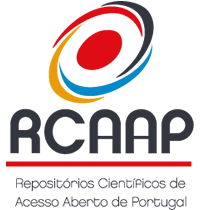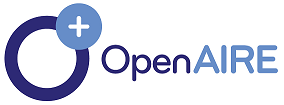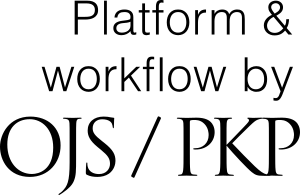Mental health and help-seeking: the role of stigma in a 2019-2021 cohort study at the University of Porto
DOI:
https://doi.org/10.48797/sl.2024.226Keywords:
Invited SpeakerAbstract
Transitioning to university life represents a significant developmental milestone filled with increased life stressors, including academic and interpersonal challenges. This period is particularly pivotal in late adolescence (18-25 years), a stage characterised by identity evolution, sexual-affective relationship development, and future life exploration. Our observational cohort study, conducted at the University of Porto from February 2019 to March 2021, aimed to evaluate mental health trajectories and help-seeking behaviours among first-year students during this critical phase and the effects of a depression stigma reduction intervention. Results initially revealed low engagement with mental health services, largely due to prevalent stigma and limited mental health literacy. Our intervention had a significant effect in decreasing stigma and increasing help-seeking behaviours among this cohort of students. Compared to the control group, these differences remained the same during the pandemic, more than 12 months after the intervention. Finally, we also observed that students who sought help presented less relevant depressive symptoms in the following assessment, highlighting the importance of seeking adequate help in situations of vulnerability and need. The study highlights the critical role of stigma in influencing mental health service utilisation among university students. It supports the effectiveness of targeted interventions to reduce stigma and promote mental health resilience.
Downloads
Published
How to Cite
Issue
Section
License
Copyright (c) 2024 Virgínia Conceição

This work is licensed under a Creative Commons Attribution 4.0 International License.
In Scientific Letters, articles are published under a CC-BY license (Creative Commons Attribution 4.0 International License), the most open license available. The users can share (copy and redistribute the material in any medium or format) and adapt (remix, transform, and build upon the material for any purpose, even commercially), as long as they give appropriate credit, provide a link to the license, and indicate if changes were made (read the full text of the license terms and conditions of use).
The author is the owner of the copyright.









